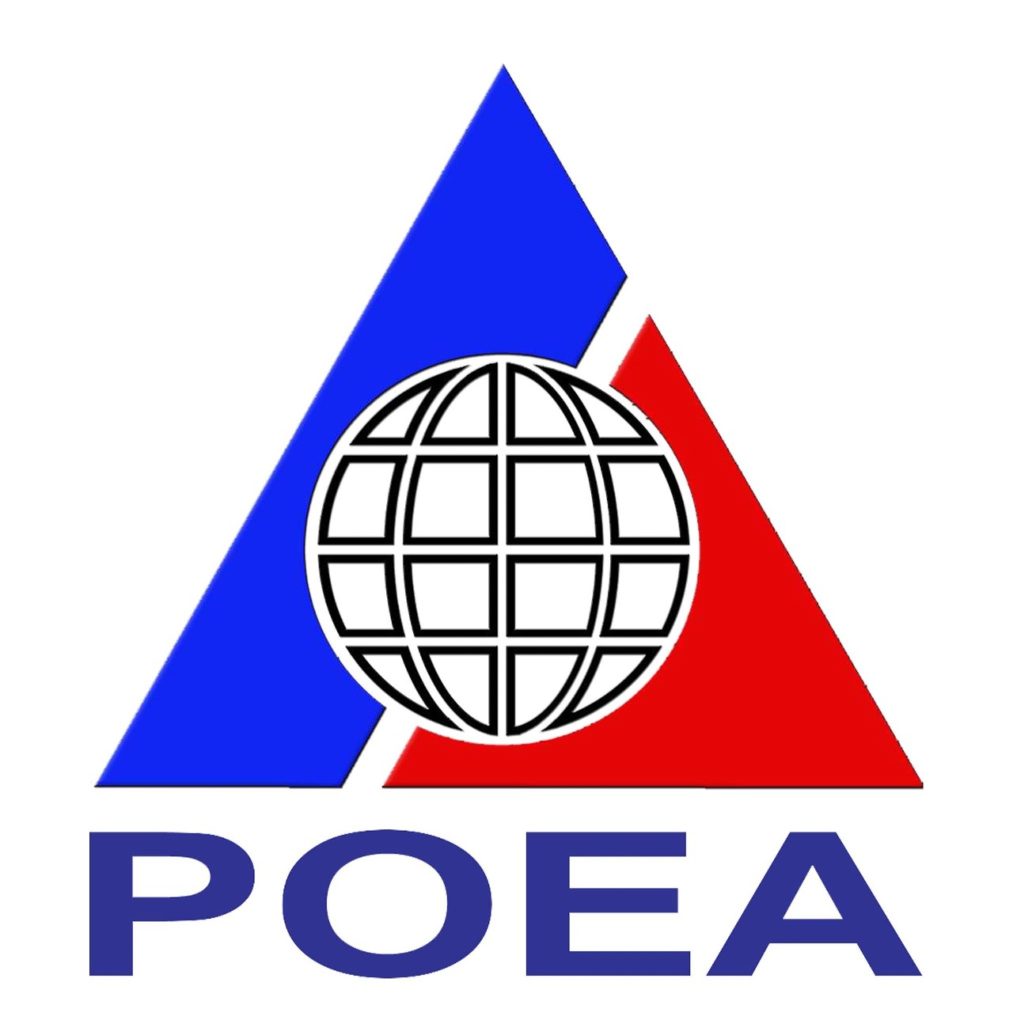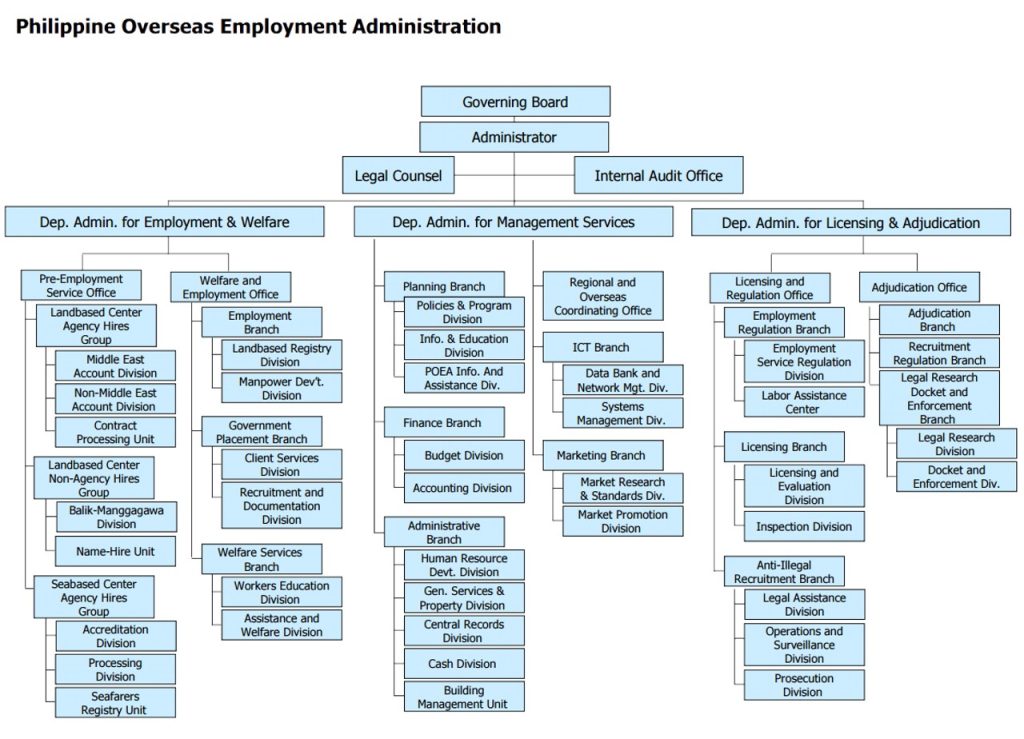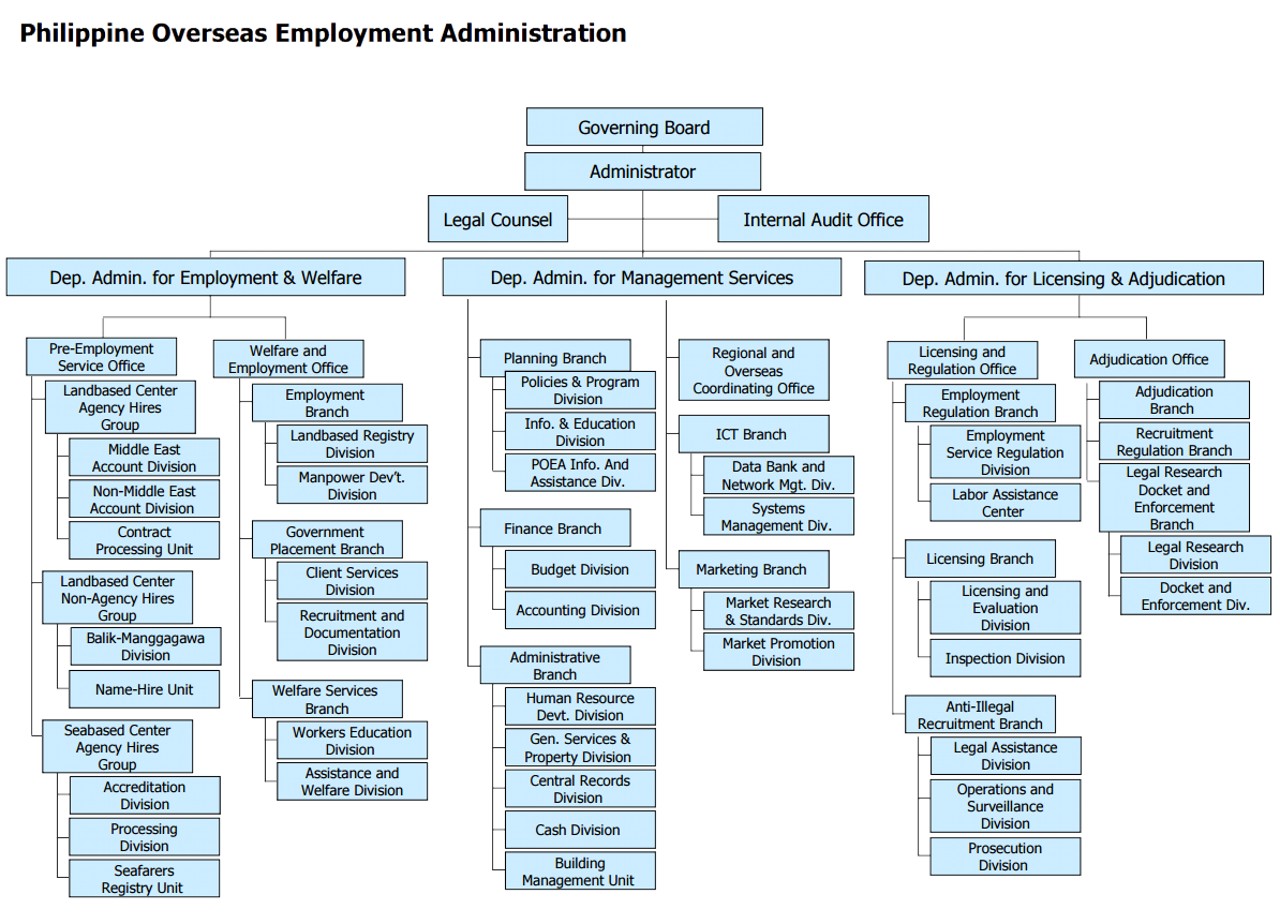The Philippine Overseas Employment Administration (POEA) is a now defunct government agency under the Department of Labor and Employment (DOLE) that regulates and facilitates the overseas employment of Filipinos. Established to protect the overseas Filipino workers (OFWs) from exploitation, the POEA ensures that Filipinos working abroad have proper documentation, fair contracts, and access to legal assistance.
In addition to its regulatory functions, the POEA plays a crucial role in providing cash assistance to OFWs during emergencies such as natural disasters or pandemics. By coordinating with other government bodies, the POEA helps OFWs access financial aid and support, ensuring their well-being even in times of crisis.
What is POEA?
The POEA stands for the now defunct Philippine Overseas Employment Administration, a government agency under the DOLE, responsible for regulating and facilitating the overseas employment of Filipino workers. Established in 1982, the POEA’s primary mission was to protect OFWs by ensuring their employment contracts are fair and by safeguarding them from illegal recruitment. Over the years, the POEA has expanded its functions to include the deployment of workers, industry regulation, and worker protection.
In 2021, however, the POEA was reorganized and integrated into the newly established Department of Migrant Workers (DMW) under Republic Act No. 11641. The DMW now oversees all the functions of the POEA, along with those of other related agencies, to provide a more comprehensive approach to managing OFW concerns. While the POEA focused specifically on employment regulation and facilitation, the DMW combines these responsibilities with broader mandates, including reintegration programs and welfare services for OFWs and their families.
History
The POEA was established on May 1, 1982, through Executive Order No. 797, consolidating the functions of the Overseas Employment Development Board, the National Seamen Board, and the Bureau of Employment Services. In 1987, its scope was expanded by Executive Order No. 247 to enhance its regulatory powers over the overseas employment sector. The Migrant Workers and Overseas Filipinos Act of 1995 further strengthened POEA’s role in protecting OFWs and their families. In 2007, Republic Act No. 9422 reinforced its regulatory functions, emphasizing worker protection. In 2021, the POEA was integrated into the newly created DMW under Republic Act No. 11641, merging it with other related agencies for a more holistic approach to OFW welfare.
Logo

The POEA logo features a globe, symbolizing the global reach and impact of the agency in facilitating overseas employment for Filipinos. The globe is set within a triangular frame composed of two colors: blue and red, representing the Philippine flag, highlighting the agency’s national significance. The blue triangle signifies peace and stability, while the red triangle stands for bravery and patriotism, reflecting the values upheld by the POEA. The overall design emphasizes the agency’s mission to protect and promote the welfare of OFWs worldwide.
Mission
“POEA connects to the world and in partnership with all stakeholders, facilitates the generation and preservation of decent jobs for Filipino migrant workers, promotes their protection and advocates their smooth reintegration into Philippine society.”
Vision
“Excellence in governance for world-class Filipino migrant workers.”
Quality Policy
The POEA is committed to excellence in governance, aiming to meet the needs of its customers. This is achieved through POEA:
- Providing efficient service delivery
- Operating while adhering to overseas employment standards
- Empowering the human resources
- Assuring continuous improvement guided by ISO 9001:2015.
Mandates
The legal mandates of the POEA are rooted in various laws and executive orders that define its responsibilities and functions. These mandates are designed to regulate overseas employment, protect the rights of Filipino workers, and ensure that recruitment practices are fair and ethical.
- Presidential Decree 797 (1982): Promotes and develops the overseas employment program while safeguarding the rights of migrant workers.
- Executive Order 247 (1987): Regulates private sector involvement in recruitment and overseas placement, maintains a registry of skills, and secures favorable employment terms for OFWs.
- Republic Act 8042 (1995): Implements principles of tripartism, full disclosure, deregulation, selective deployment, and dynamic information systems to enhance OFW protection.
- Republic Act 9422 (2007): Reinforces POEA’s regulatory authority, focusing on protecting the rights of OFWs both as workers and as human beings.
- Republic Act 10022 (2010): Amends RA 8042, further strengthening the protection mechanisms for migrant workers and their families.
Powers and Functions
The POEA was tasked with several key functions to regulate and support the overseas employment of Filipino workers. These functions focused on industry regulation, employment facilitation, worker protection, and general administrative support.
- Industry Regulation: The POEA issued licenses to recruitment agencies, monitored job advertisements, set labor standards, and managed the government’s anti-illegal recruitment efforts. It also handled complaints and disputes involving recruitment agencies, employers, and workers.
- Employment Facilitation: The agency accredited foreign employers, processed employment contracts, and facilitated the deployment of workers through government-to-government arrangements. It also conducted market research and promoted job opportunities abroad.
- Worker Protection: The POEA implemented educational campaigns, conducted pre-employment and anti-illegal recruitment seminars, and offered legal assistance to victims of illegal recruitment. It also provided repatriation assistance and maintained a registry of workers.
- General Administration and Support: The POEA managed human resources, financial and property management, and information technology. It also focused on policy development and maintaining a quality management system to ensure efficient operations.
Organizational Structure

The POEA used to be organized into several key departments under the supervision of an Administrator, who is supported by a Governing Board, Legal Counsel, and an Internal Audit Office. The structure also included three main Deputy Administrators: one for Employment and Welfare, one for Management Services, and one for Licensing and Adjudication. The Employment and Welfare department handled pre-employment services, welfare services, and employment facilitation. The Management Services department handled the planning, financial management, ICT, and marketing operations. The Licensing and Adjudication department, on the other hand, was responsible for licensing recruitment agencies, enforcing regulations, and handling adjudication of disputes and complaints.
Benefits
The POEA was designed to help protect and support OFWs. Here are some of the key benefits for Filipinos:
- Regulates Recruitment Agencies: POEA makes sure that recruitment agencies are legal and safe, protecting Filipinos from illegal recruiters.
- Pre-Employment Orientation: This seminar teaches people about the pros and cons of working abroad and how to avoid scams.
- Handles Important Documents: POEA helps with the paperwork needed for OFWs to work abroad legally, like the Overseas Employment Certificate (OEC).
- Resolves Complaints: OFWs can report problems with recruiters or employers, and POEA helps solve these issues.
- Restricts Unsafe Countries: POEA stops Filipinos from working in countries where their rights won’t be protected.
- Repatriation Help: If an OFW is in trouble abroad, POEA helps them return home safely.
- Insurance Coverage: POEA makes sure all OFWs have insurance for emergencies while working abroad.
In short, the POEA ensures that Filipinos who work overseas are safe, legally protected, and supported before, during, and after their time abroad.
Coverage
The POEA programs generally offer some form of insurance for OFWs through a mandatory program. This, along with the other benefits are generally accessible to the following:
- Spouse: The husband or wife of the OFW can get money if the OFW passes away or gets injured while working.
- Children: The OFW’s kids, both legal and not, can also receive benefits if something happens to their parent.
- Parents: If the OFW has no spouse or children, their parents might receive the benefits instead.
- Siblings: If there are no spouse, children, or parents, the OFW’s brothers or sisters could be next in line for the benefits.
- Chosen Beneficiaries: The OFW can pick someone special, like a friend or relative, to receive benefits if something happens to them.
- Other Relatives: Sometimes, other family members who depend on the OFW might also be included if the OFW chooses them.
The POEA makes sure that the OFW’s family or chosen people get the support they need if something happens.
Video: Philippine Overseas Employment Administration
Watch this video from the Department of Labor and Employment-IPS and learn more about the services offered by the POEA of old before it merged into the new DMW:
Summary
The POEA sure did its job in safeguarding the rights and welfare of the OFWs through regulation, employment facilitation, and protection services it offered in the past. Now integrated into the DMW, the POEA’s legacy continues as part of a broader effort to enhance support and services for OFWs and their families.
Contact Information
For questions or concerns regarding POEA or its programs and services in the past, please feel free to contact them at the DMW main office or via their social media accounts.
